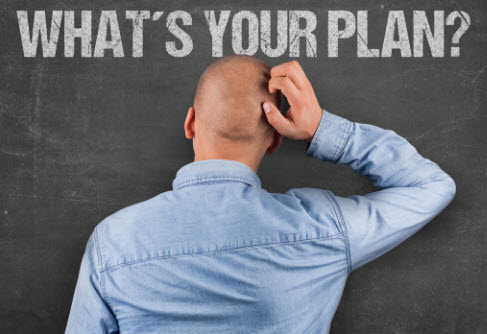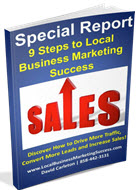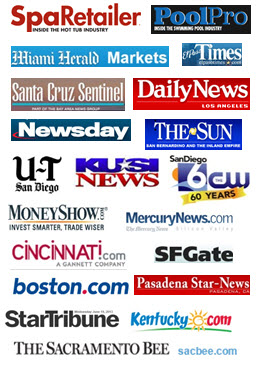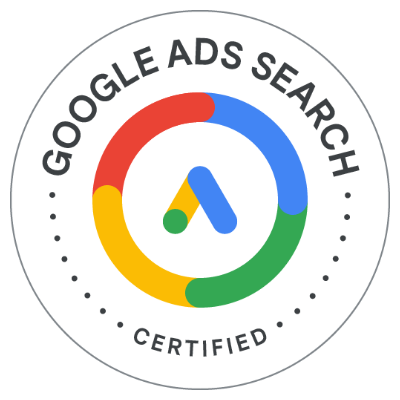Things aren’t about to change they already have so you better be ready! No one knows for sure how long it will take for people and the economy to recover from this worldwide event, but one thing is certain, consumer buying habits will be different.
First it was 9/11 and then the Great Recession. With each new “crisis” came a change in consumer buying habits. Now with Covid-19, I expect consumer buying habits to change even more dramatically, at least for a while.
6 months after 9/11, consumers had the money and motivation to open their wallets and buy. Although some retailers were negatively affected, by the end of 2002, most retailers had recovered nicely.
During the great recession, big ticket item sales plummeted, many retailers went out of business and there was a lot of industry consolidation. Large manufacturers bought struggling brands and got bigger thereby increasing their market share.
Once again, consumer buying habits changed. The new normal. Many people still had money to spend but were more reluctant to do so. Savings rates increased and readily available information on the Internet made consumers smarter and better negotiators. In addition, there were fewer buyers in the market and retailer “year over year” sales increases were smaller if they increased at all.
I remember a common saying during the recession that “flat is the new up” meaning that dealers felt lucky if they had a flat year versus a sales decline.
The retailers that did survive and eventually thrive did so because they adjusted to the “new normal.” They got smarter by upgrading their websites, Internet marketing strategies and overall lead generation techniques.
Interestingly enough, social media sites like Facebook, Twitter and YouTube really came “of age” during this time. Retailers who were “early adopters” of these new technologies gained a huge competitive advantage to reach out and interact with consumer in a totally new way.
That brings us to Covid-19 and what the post “shelter in place” landscape will be like. Many people are referring to how things will be as The New Normal 2.0. As restrictions ease and people start venturing out, remember that just because your store or showroom is now open for business that doesn’t mean consumers will come in right away!
More people won’t have the income or inclination to invest in big ticket products and many will avoid “in store” shopping for a while, relying instead on virtual conversations and online meetings to at least do more of the research involved in the buying process.
The point is you need to be thinking about the new and different sales and communication strategies you’ll need deploy to satisfy the needs of all you current customers and future prospects. Not good with computers or online technology? You better learn fast or find someone on your team who is.
Never used iPhone Facetime or Google DUO? How about Zoom, Skype, WhatsApp or Google Hangouts? If you don’t start familiarizing yourself with these technologies, you are going to lose out on a lot of opportunities that may go to your competitors who are using them. Not learning how to use these tools would be like opening a retailer store in a foreign France and expecting all your customers to only speak English.
Do you have to know how to use all of them? Probably not, but the more you know the more opportunities you’ll have to connect with prospects based on the technology and phone brands they use.
And remember, your best salesperson may be great at closing deals in your store but may not be good at online Zoom meetings. If they want to close sales, they’ll have to adapt.
How soon do you need to implement these changes? Yesterday!
In my next article, I’ll provide you with a checklist of specific things you need to change and update to get ready for the New Normal 2.0.
Stay positive, stay strong, stay safe, stay healthy – we’ll get through this ?
 About David Carleton
About David Carleton
David Carleton is a Local Business Marketing Success Consultant who specializes in showing small business owners how to spend less and get more from their marketing and advertising using low cost strategies in local business marketing, lead generation and conversion, Internet marketing and social media.







